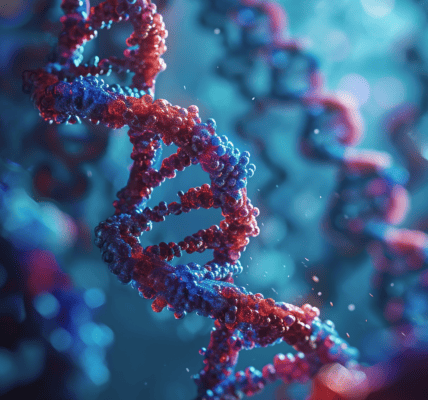San Francisco scientists at Gladstone Institutes are pioneering the use of artificial intelligence (AI) to revolutionize cancer treatment. Dr. Deepak Srivastava, the institute’s president, highlighted the groundbreaking potential of AI in conducting virtual experiments to identify the most effective methods to combat cancer cells.
By leveraging AI technology, the team aims to personalize cancer treatments by engineering patients’ immune cells to target and destroy cancer cells, offering new hope for previously untreatable cases. Their research primarily focuses on skin cancer and colorectal cancer, the two most prevalent types in the U.S.
Katie Pollard, the director of the Gladstone Institute of Data Science and Biotechnology, emphasized the importance of distinguishing cancer cell drivers from random errors within tumors. Through machine learning models, they seek to uncover patterns that can lead to more efficient experiments and ultimately, more effective treatments for cancer.
Driven by a personal connection to the cause, Pollard expressed the urgency of their work, noting that speeding up the research process could significantly impact patients’ lives. The team’s goal is to accelerate the development of treatments by understanding how to modify T cells to combat cancer more effectively.
With the integration of AI into cancer research, the scientists at Gladstone Institutes are at the forefront of a transformative approach that holds the potential to revolutionize cancer treatment and improve outcomes for patients.





